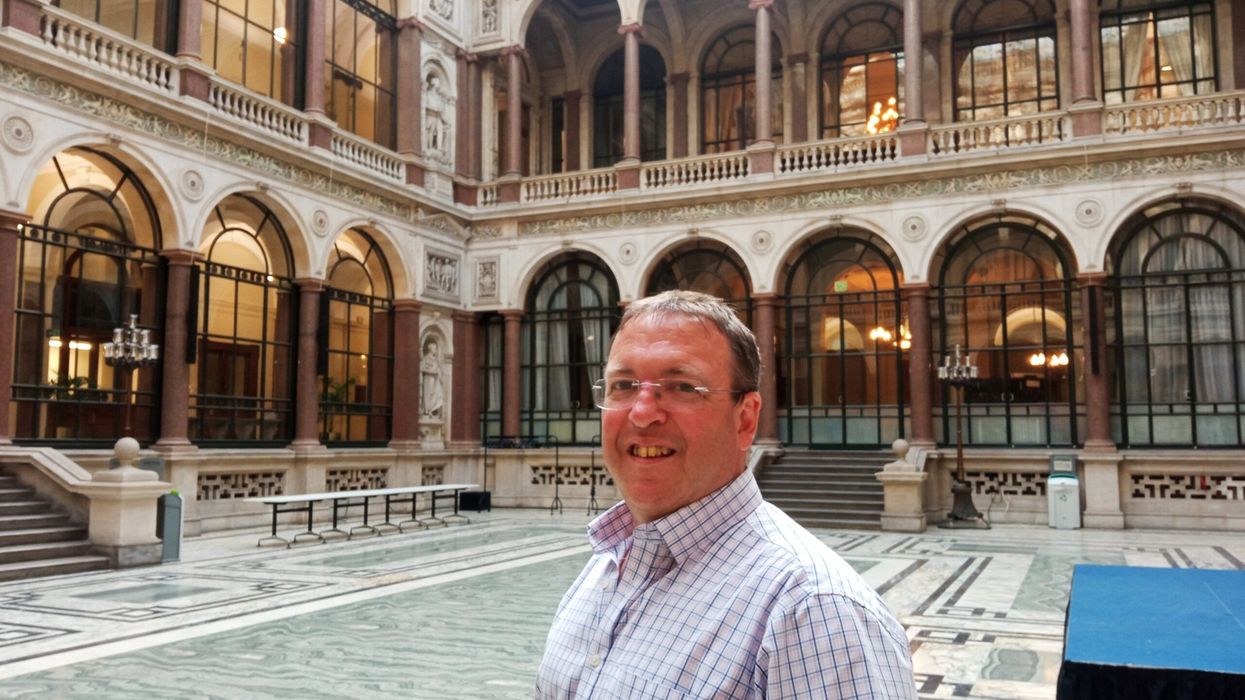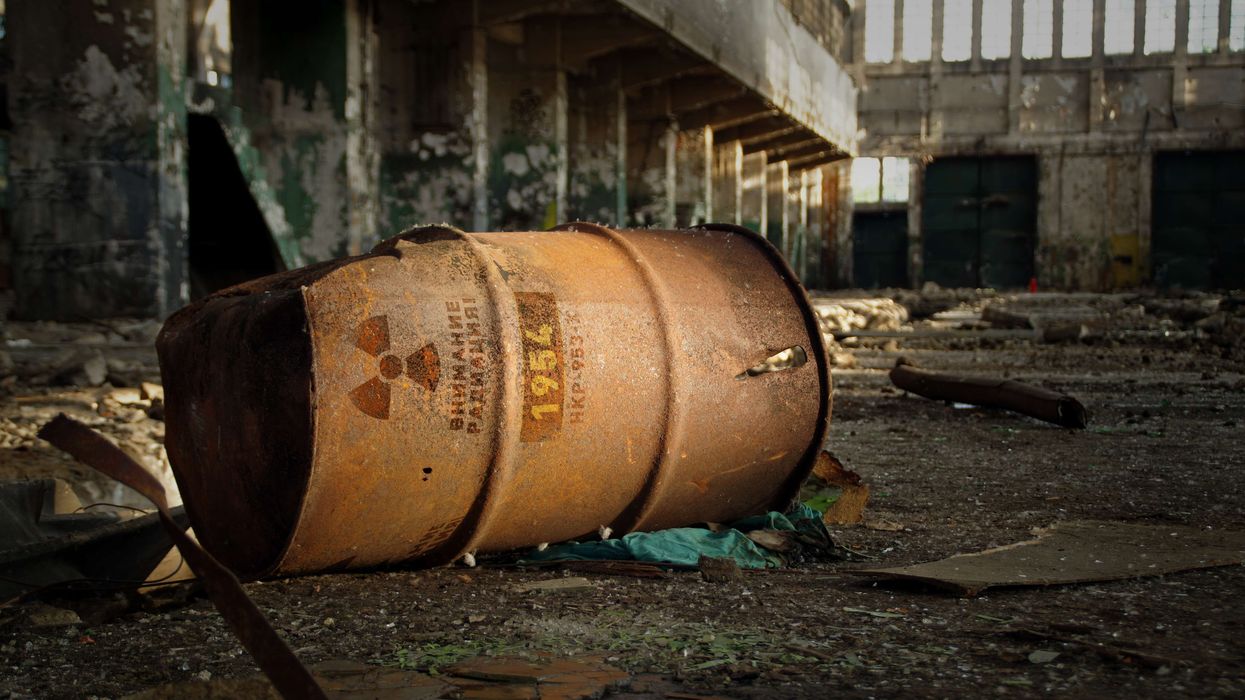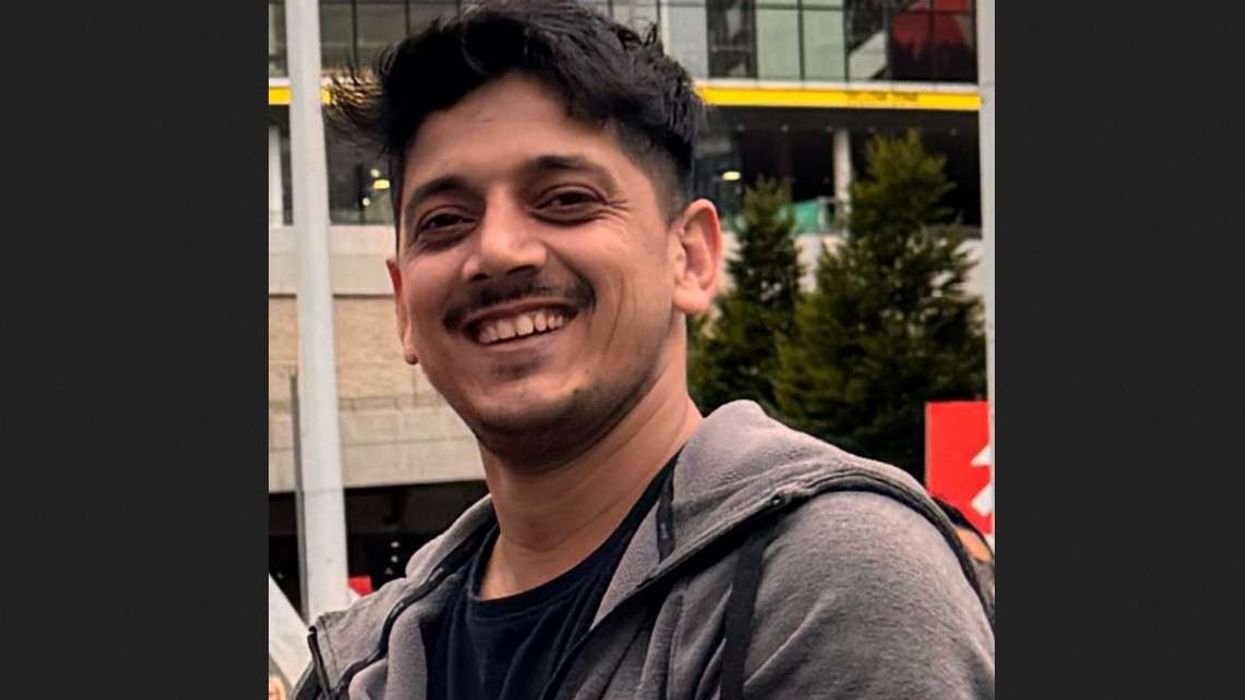DAVID CAMERON has replaced James Cleverly as Britain’s foreign secretary, but just how the job is done at the coal face is explained by Andrew Fleming, who took over last week as the new British deputy high commissioner in Kolkata.
Just before leaving for India, Fleming sat in the Page Common café opposite the National Portrait Gallery in London and said he was “not just happy but delighted” he got the job, which he described as the “best” British diplomatic posting in India.
Based in Kolkata, he will be deputy high commissioner to east and northeast India.
“I am looking after 13 states,” he said. That includes the so-called “seven sisters” – Arunachal Pradesh, Assam, (currently a very troubled) Manipur, Meghalaya, Mizoram, Nagaland and Tripura – “plus Chhattisgarh, Odisha, Jharkhand, Bihar, West Bengal, and Sikkim.
“I am also looking after the Andaman Islands, a union territory. My predecessor says it’s a region twice the size of Germany, with a population larger than America – 370 million. That would make it the third-largest country in the world.
“To represent the UK in such a region is an immense opportunity. I’m really proud for somebody who comes from a pretty humble background that I have got a chance to do a job like this. I’m a south London boy.
I was born in Carshalton. And I didn’t grow up very far from there – in Wallington.”
Fleming knows India well as he spent five years from 2017-2022 in Hyderabad and Bangalore (now Bengaluru).
“I was appointed deputy commissioner to Telangana and Andhra Pradesh and took up my post in 2017. It was a three-year appointment based in Hyderabad. I agreed to stay on for a fourth year and then a fifth year because of the pandemic.
“I went to Bengaluru as officer on special temporary duty because they were without a head of post. I managed to connect with the people of the region. And people keep calling me even now after a year – which is very kind.”
Britain, he said, has the biggest diplomatic footprint of any country in India, even bigger than the United States. Apart from the British high commissioner in Delhi, there are also deputy high commissioners in seven cities – Chandigarh, Ahmedabad, Mumbai, Kolkata, Chennai, Bengaluru and Hyderabad. “We have an office in Pune and in Goa and a single person working out of Bhubaneshwar. We have more offices than anybody else.”
Fleming applied for and got the Kolkata posting in August last year, but the formal announcement was held back until last week. In November last year he did fly to Kolkata to quietly check out the local scenery. “I think it’s the best posting in India, and it was one that I’ve always wanted.”
While Cameron will be laying down the broad outlines of foreign policy in London, Fleming will be left to implement it in his own way in a vast region in India. Once, Calcutta was the centre of the British empire before the capital was shifted to Delhi in 1911 as a way of curbing the independence movement in Bengal. In recent years, West Bengal has been ignored.
“We need to see more high-profile British visitors coming to Kolkata,” said Fleming. “I was lucky in Hyderabad that I managed to get some really good people to come over.
This helps us progress some of our objectives. I can also open people’s eyes to the opportunities in east and northeast India in the same way.”
How the two countries should develop their relationship is laid out in the “2030 roadmap for India-UK future relations” that was agreed in 2021.
This said: “India and the UK are committed to a partnership that delivers for both countries. Our 2030 vision is for revitalised and dynamic connections between our people; re-energised trade, investment and technological collaboration that improves the lives and livelihoods of our citizens; enhanced defence and security cooperation that brings a more secure Indian Ocean Region and Indo-Pacific and India-UK leadership in climate, clean energy and health that acts as a global force for good.
“Through this ambitious roadmap, we will elevate the India-UK relationship to a Comprehensive Strategic Partnership. The roadmap will guide cooperation for the next 10 years covering all aspects of our multifaceted relations. We will have an annual Strategic Review meeting at the foreign minister level to monitor the implementation of the roadmap; if required, update it and report back on the progress to our prime ministers.”
Fleming said: “I want the roadmap to be relevant to each and every one of the states and territories that I represent. When I’m finished, I’d like people to say, ‘Yes, we’ve made some progress.’ So it can be university collaborations. Of course, the big thing that all of us do as deputy high commissioners is around the work of the department of business and trade and their interest to grow opportunities. But there are lots of other exciting things around science and technology and other areas.”
He wouldn’t be drawn on the timetable for the anticipated Free Trade Agreement but said: “In any case, the aspiration I have for West Bengal and other states I am covering is to have good UK investments.
“British Telecom is one of the bigger UK investors in West Bengal. There are others.
A number of British companies are going to the Bengal Business Summit which is all about attracting investment.”
Fleming has been very through in doing background research. He has spent the last 12 months travelling all over the UK scouting for “regional synergies” and also meeting 50-60 individuals and groups from the West Bengal diaspora. He said almost everyone expressed a desire for British Airways to resume the direct Heathrow-Kolkata flights that operated many years ago. “I agreed with them.”
He also consulted William Dalrymple, whose critical view of British misrule in India is reflected in such books as The Anarchy: The Relentless Rise of the East India Company. As a leaving event, Fleming’s colleagues in London organised a London walk that took in the history of the East India Company.
On a philosophical note, Fleming noted: “There are so many things that you can just never know (about British colonial history in India) without an awful lot of research here in London. Certainly, we can’t be proud of them at all. But I always say that you can learn a lot of lessons from history.
“Maybe I’ll write a book after I’m finished in this role, and call it A decade in India. Let’s see what the future holds. But it’ll be a good adventure.”













